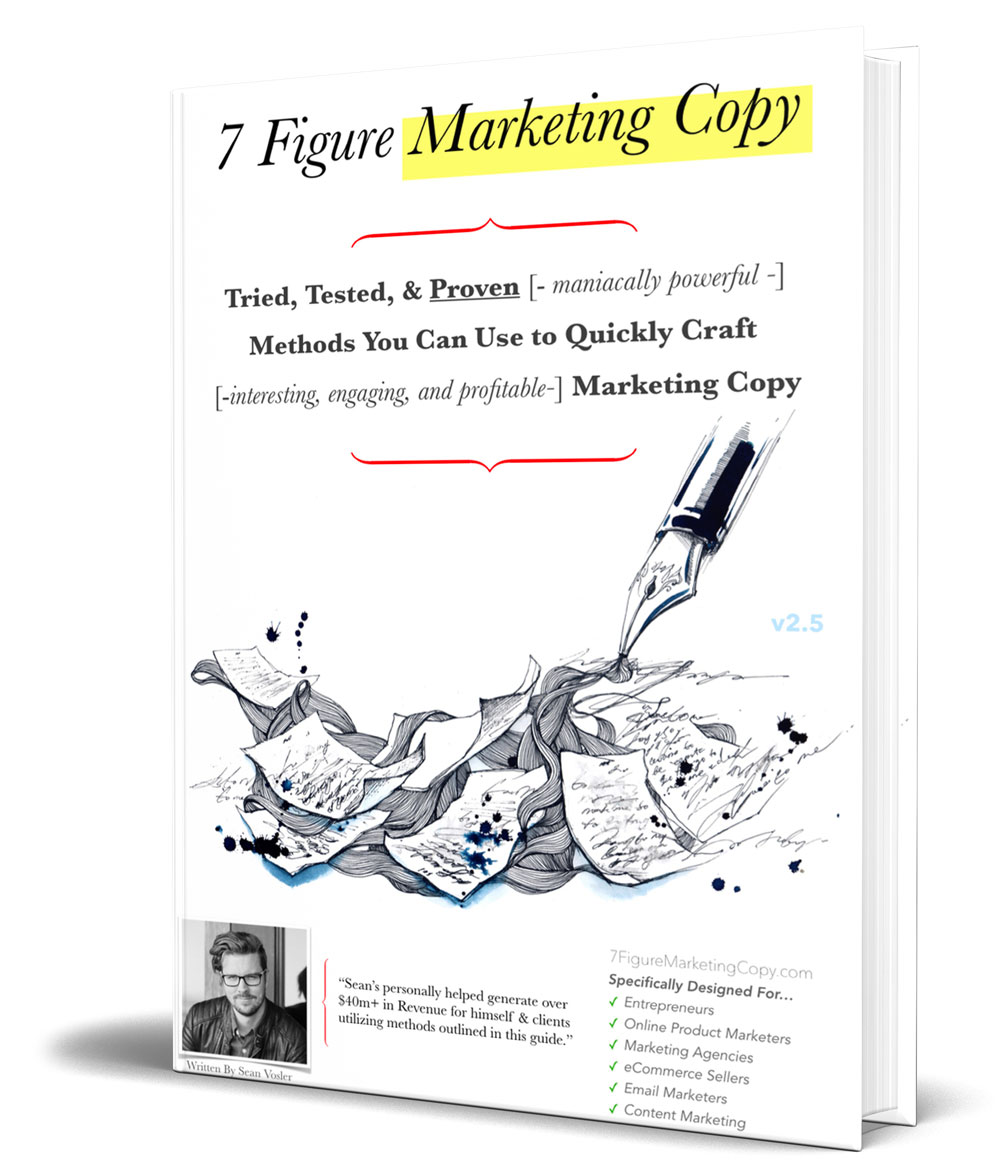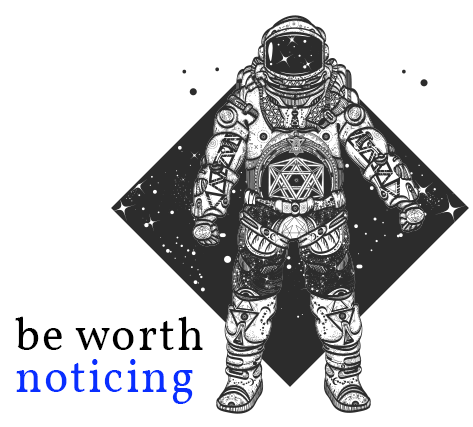The 5 Most Powerful Questions That Harness Positive Thinking – While Avoiding These Side Effects
“Problems are Only Opportunities in Work Clothes”
There’s lots of research showing that positive thinking can improve our lives substantially… However, the TYPE of positive thinking is very important. Simply focusing on mantras or hollow inspirational affirmations has been shown to lower self-esteem and providing the subconscious an excuse for a negative view of one’s self.
You see, our subconscious doesn’t really distinguish imaginative and realistic thoughts, and these thoughts can generate both positive and negative emotions. If we focus entirely on other peoples thoughts (motivational quotes, rhetorical affirmations, etc.) without taking time to develop our own perspectives on the subject we’re not fully harnessing the power of “positive thinking.” While there’s no question that ruminating in negative emotions can turn toxic, whitewashing your insecurities with positive thinking is merely a temporary fix.
Think about that for a moment, the motivational stuff floating all over social media can actually hold us back from what we’re hoping to achieve!
This isn’t to say these types of quotes and content aren’t a great place to start. Most people just forget to take the next step.
Actually, think (meditate) on what it means to you. Meditating, or thinking mindfully, about something is what generates emotions. Those emotions are what can prove powerful to inspire action and change… to get us to do something.
5 Questions that Internalize Positive Stuff.
Here are two simple steps to meditate without getting too far down the rabbit hole of ‘self-actualization’ that can be associated with meditation.
#1. When you find a quote, article, or piece of content that you find motivational instead of just uttering “ah ha” and moving on, take a moment to write about it. Answer the following questions with the goal of generating emotions (positive or negative doesn’t matter)…
a. What about this content did I find motivational?
b. What part of my life does it seem to impact most? c. How could I use this information to improve that area of my life?
d. How would improving that part of my life make myself and those I love feel?
e. What are 3 practical steps I can take regularly to improve that part of my life
Bonus question: If I were to put the quote into my own words, how would I say it?
b. What part of my life does it seem to impact most? c. How could I use this information to improve that area of my life?
d. How would improving that part of my life make myself and those I love feel?
e. What are 3 practical steps I can take regularly to improve that part of my life
Bonus question: If I were to put the quote into my own words, how would I say it?
#2. Share your findings with a loved one and ask for their perspective. This is a powerful step, a lot of people forget that real connections are made with people who have real discussions.
These simple steps will take a fleeting emotional high from a motivational moment and turn it into a deep, subconscious, tool that we can actually use to make positive changes in our lives.
Here’s one of my favorite quotes and my 5 answers to the questions…
“Problems are Only Opportunities in Work Clothes.”
– Henry j. Kaiser
a. What about this content did I find motivational?
Sean Vosler – Personally I often to dwell on problems and get anxious without examining the bigger implications behind that problem. If I take a moment and actually think about what caused the problem chances are I could find a powerful solution to avoid the problem in the future, while also possibly helping others avoid it as well. I should always ask “I know I’m not the only one who’s faced this problem before, what have others done to solve it successfully and what can I do to help myself and others avoid it as well.
b. What part of my life does it seem to impact most?
Sean Vosler – Problems unfold in every area of everyone’s life. It’s best that I get a handle on this perspective, and internalize it because it will always be part of life. In my business, I can create tools that solve the problems I face and possibly sell them to others. In my relationships, I can always do my best to view a problem as an opportunity to connect with others by solving it together, not resorting to blaming or anger.
c. How could I use this information to improve that area of my life?
Sean Vosler – Currently I can admit I often avoid solving problems because “I can’t be bothered”, but with viewing them as an opportunity I can prioritize fixing things!
d. How would improving that part of my life make myself and those I love feel?
Sean Vosler – Putting off solving problems only makes them worse. It’s not about the glass being half empty or half full, it’s how long you hold onto that glass that matters.
e. What are 3 practical steps I can take regularly to improve that part of my life?
Sean Vosler 1. When faced with a problem take a moment to actually think about the concept of problems as opportunities. 2. Solve problems fast, and do my best to build a system in my life to avoid the problem in the future. 3. Don’t let problems fester, it may go away on its own, but why not just get it out of my head and move on?
P.S. if you haven’t already joined my Facebook Group of awesome entrepreneurs who are working together to create better businesses together – join here! Smart Leverage – by Sean Vosler

 Let me send you a boatload of copywriting tips...
Let me send you a boatload of copywriting tips...